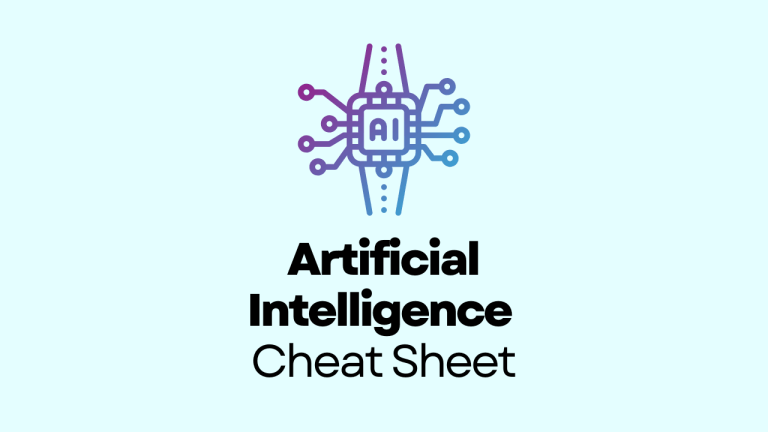
Top 5 Free Resources to Learn Docker
Someone told me last time, he knows kubernetes and he is using kubernetes in his organisation. But he missed to understand the basic concepts of docker and containers, and now facing difficulty to implement the best practices for their container platform. I told him that there are plenty of resources around to learn docker and most of them are FREE of cost.
1. training.play-with-docker.com
This is a kind of course and lab arrangement and free for everyone. Play with Docker Classroom contains different levels of courses to learn docker and they have categorised the chapters for Administrators and developers.
Eg: there are stage 1, stage 2 and stage 3 in each track and it will cover beginner level to intermediate to advance production level topics. You will learn the basics of docker and containers in stage 1 and you will also do real hands on labs during the course. The labs are accessible directly from your browser window and you will get instructions on what and when to do in detail. They have also included detailed illustration on the actual methods and how containers are working. You can choose any stage or any lab at any time at your own pace or interest.
You can also access the labs for different tests, directly via labs.play-with-docker.com, which is the actual labs running during your training. You need to login with your docker account – which you can easily create with an email – and just start the labs. You can create a single instance to test or pre-defined templates for 2 nodes or 5 nodes etc. Each session will last for 4 hours, but you can create new sessions and instances at any time.
2. Docker For The Absolute Beginner from KodeKloud
Thanks to Mumshad and KodeKloud team, they are offering their Docker For The Absolute Beginner as free of cost and you can sign-up for the same. They have included training videos and demos in the course and also FREE labs which you can access from your browser itself; you don’t need to install anything on your workstation or laptop. KodeKloud labs are well known for their interactive quiz sessions and detailed explanations.
The course will give you an introduction to docker, then the basic command sets, explanation on images and image registries, and some introduction to docker swam clusters. And for each session they have arranged labs to practice so that you will do real hands-on practice on each topic.
3. Katacoda Labs for Docker
I have mentioned Katacoda in another video about FREE hands on labs for OpenShift. Katacoda is a superb resource for free labs; you can access katacoda.com/courses/docker for free docker labs which will give you options to start with any scenarios to learn docker. Like previous resources, Katacoda also provides in-browser labs and you just need a browser to access those.
You can start with any scenarios and you will reach an in-browser lab where you can see instructions on the left side and a console window on the right side. You just need to follow the instructions and execute the commands as per guide. You can start or stop labs any time and can try those labs until you learn.
4. Docs.docker.com
If you are a person who likes to read the documentation and learn, then docs.docker.com is the right choice for you. Goto docs.docker.com/get-started/overview, you can find end-to-end details about docker technology including image development, advanced Dockerfile for docker-compose methods, what are the best practices for production ready container images etc. Also there are guides on orchestration using kubernetes or docker swarm.
5. container.training
container.training is another resource where you can get most of the docker tutorial slides and other training videos. There are workshop recordings available for watching which will give you more ideas on container technology.
Enjoy learning !
Disclaimer:
The views expressed and the content shared in all published articles on this website are solely those of the respective authors, and they do not necessarily reflect the views of the author’s employer or the techbeatly platform. We strive to ensure the accuracy and validity of the content published on our website. However, we cannot guarantee the absolute correctness or completeness of the information provided. It is the responsibility of the readers and users of this website to verify the accuracy and appropriateness of any information or opinions expressed within the articles. If you come across any content that you believe to be incorrect or invalid, please contact us immediately so that we can address the issue promptly.
Tags:
Comments
4 Responses
Leave a Reply


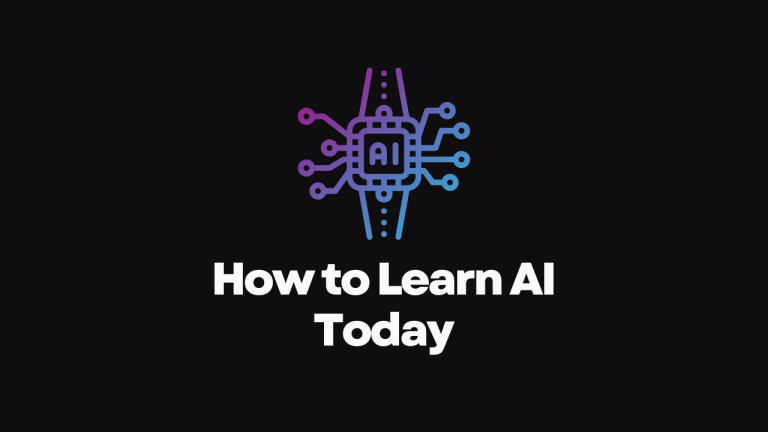
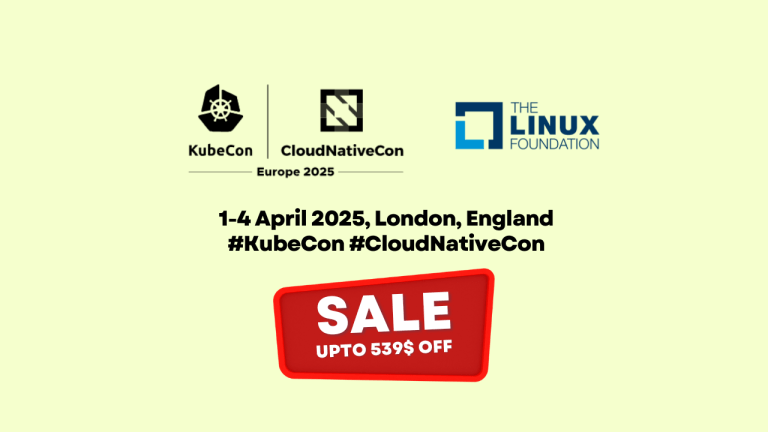
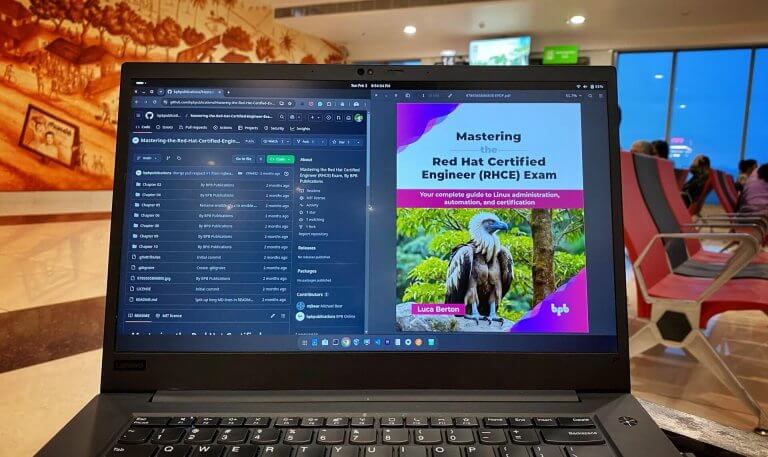
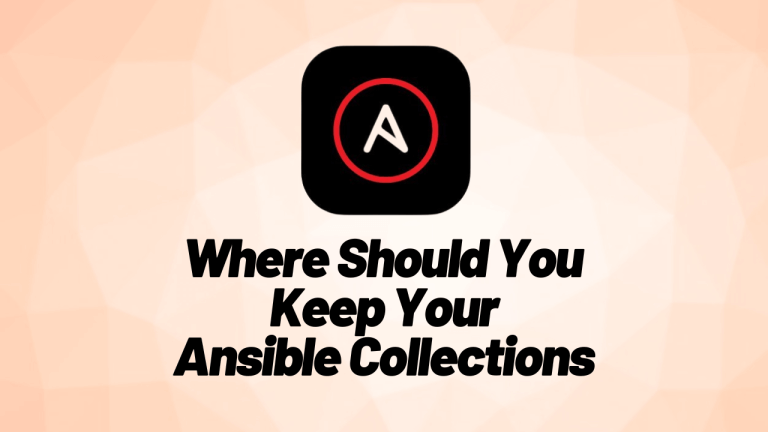
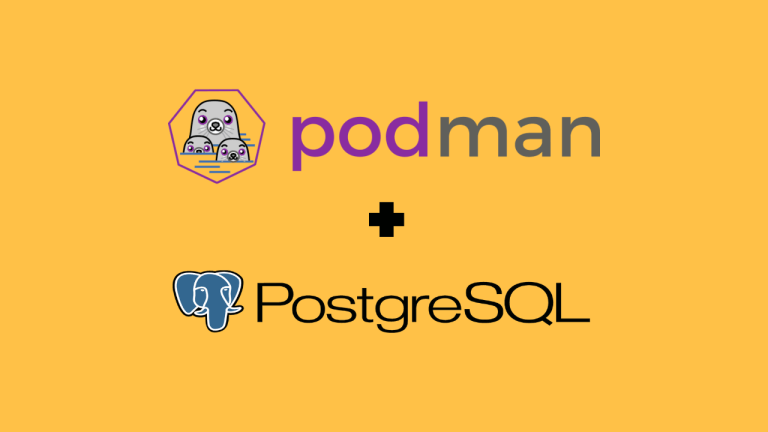
[…] can learn development online thanks to available courses on YouTube, Skillshare, Udemy, and other […]
Interested
[…] New to containers and Docker? Check Top 5 Free Resources to Learn Docker. […]
[…] working with containers on Red Hat Enterprise Linux (RHEL), you’ve likely heard of Docker. However, there’s another powerful tool you can use: Podman. This tutorial will walk you […]